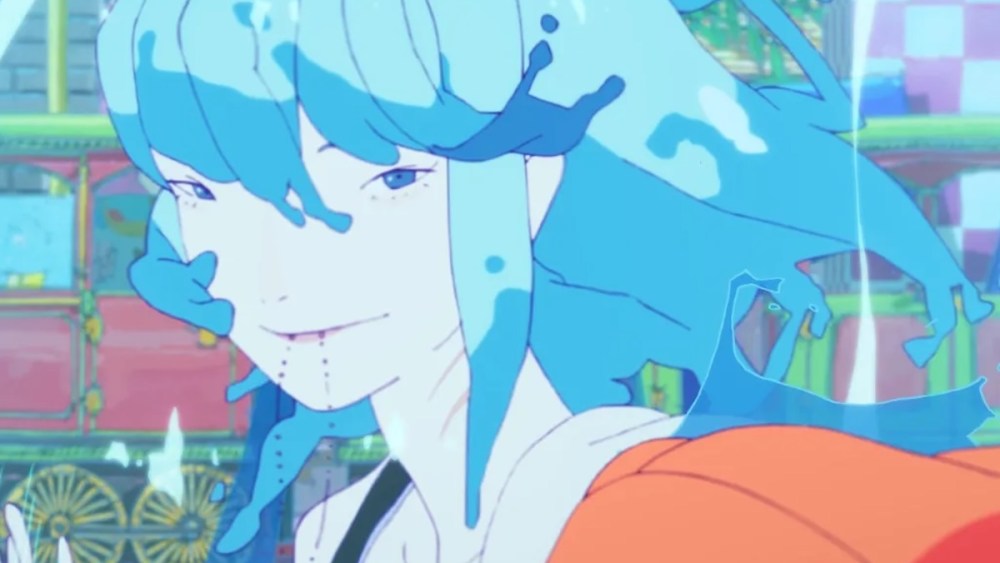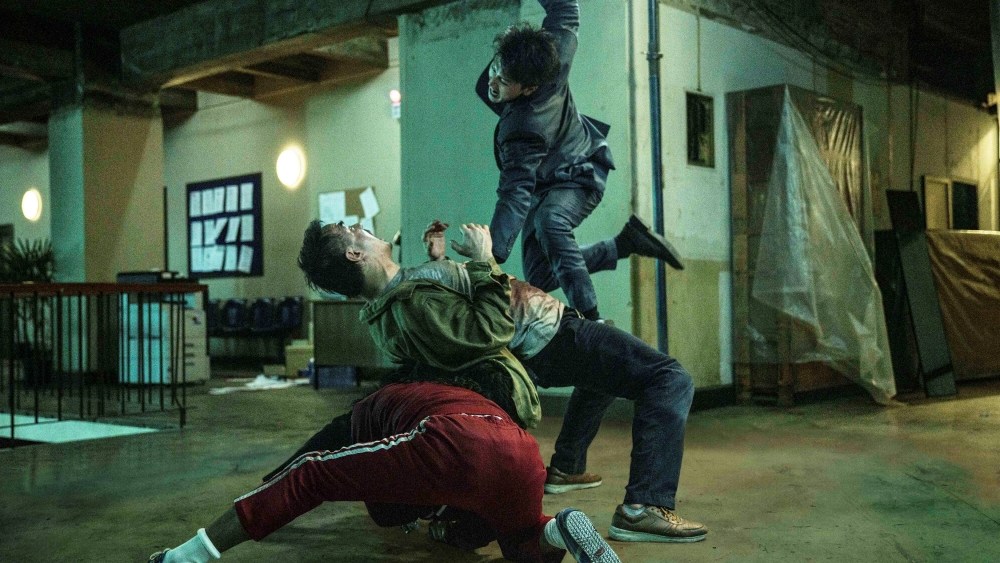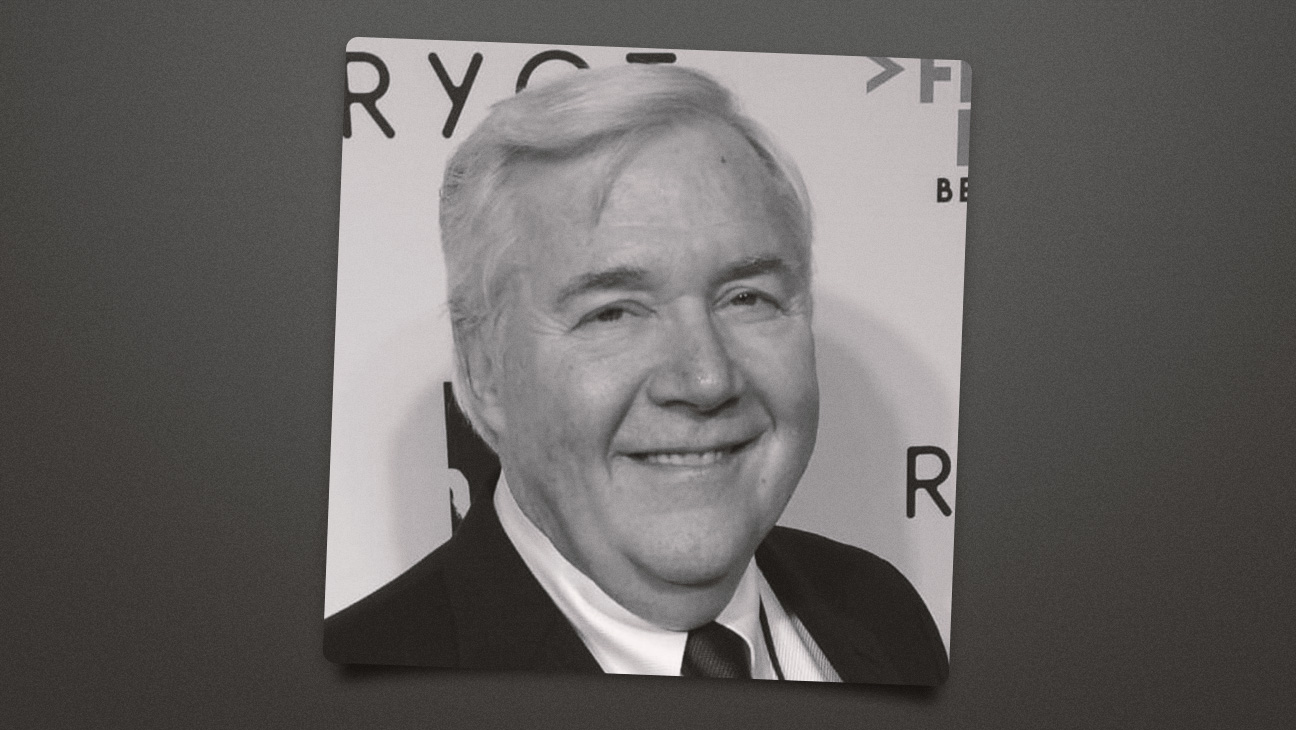Producer Patrick Mao Huang (Cannes winner “Tiger Stripes”) of Taiwan’s Flash Forward Entertainment is presenting psychological thriller “The Sleepless Girl” at the Tokyo Gap-Financing Market, looking to connect with international partners for the co-production that blurs the boundaries between dreams and reality.
“The Sleepless Girl” follows Fan, a Taiwanese man who awakens with no memory except for a compelling urge to find a Japanese girl named Hitomi. When he finally meets her, he is drawn into a chain of surreal events that force them to live on the run.
The twist: Fan examines Hitomi’s mind and discovers he exists only as a figure created inside her dream. In Hitomi’s real life, they once shared a deep bond – he was her favorite singer who took his own life after being replaced by an AI-generated virtual idol. Now the girl lies in a deep coma, refusing to wake up in a world where he no longer exists.
But when Hitomi learns the truth, she refuses to return to her lonely reality. Her grief transforms into destructive power, turning her into a monster. Fan must find a way to wake her before they are both trapped in this nightmare forever.
Director François Chang, who is adapting the feature from his own 2017 short film, says he wanted to explore the boundaries between dreams and reality, and more importantly, between being seen and being heard.
“The film follows a mute girl, Hitomi, who is eager to communicate through music, and a virtual idol she once loved, Fan, who now only lives in her dream,” Chang explains. “Their encounter inside her collapsing dream world becomes a metaphor for the loneliness of a generation that lives between social media and the real world.”
The director adds that the story is also about how memory, guilt, and projection shape relationships with those who can no longer be reached. “I wanted to create an emotional space where the invisible pain becomes visible, where illusion becomes both a bridge and a barrier.”
The production journey has involved balancing the original promise of the short film while creating an engaging genre piece. “The story deals with fragmented memories, language barriers, and digital reincarnation, so we needed to ensure that audiences still feel emotionally anchored even when the logic bends,” Chang says.
The project has built momentum over the past two years through participation in major development platforms, including Frontières at Fantasia International Film Festival in Canada, the Sundance Asia Pitching Forum, and the TAICCA x AFiS Development Lab. Chang was also selected for Talents Tokyo last year.
“These milestones have allowed the project to grow substantially – expanding its world-building while refining its internal logic to remain emotionally accessible,” says producer Huang. “Our creative focus remains on developing strong characters and deepening the emotional resonance with contemporary young audiences.”
The project has already secured around 50% of its investment commitment from Taiwan and is moving forward with positive momentum. “The main challenge has been maintaining balance between conceptual ambition and human intimacy, but that has also been the most fulfilling part of the creative process,” Huang notes.
At the Tokyo Gap-Financing Market, Huang hopes to connect with international partners who share the vision for the project. “The project has already received strong attention from Asia and Europe, and the Tokyo Gap-Financing Forum is the ideal platform to complete financing and secure key creative collaborators – especially since almost the entire film takes place in Japan,” he says. The team aims to strengthen ties with Japanese producers and start early conversations with distributors and sales agents who value visually ambitious, emotionally grounded genre films.
Flash Forward Entertainment plans to complete financing by mid-2026 and begin principal photography in Japan by late 2026, with post-production based in Taiwan. The target is a late-2027 world premiere at a major international festival, followed by a coordinated global festival circuit and theatrical rollout.
Beyond the feature, “The Sleepless Girl” holds strong potential for sequels, remakes, and a game adaptation, extending its universe across different formats and cultures. “The story’s central question – what happens when dreams begin to overwrite reality – offers a timeless foundation for reinterpretation and creative expansion,” Huang says.
Chang is already developing his next project, “Millennium Town,” a mystery/sci-fi series set in a small town trapped in the year 1999 after the Y2K bug. “Like ‘The Sleepless Girl,’ it deals with time, memory, and identity – but through another fresh and exciting story,” he says.
If “The Sleepless Girl” is about inner silence, “Millennium Town” is about a collective sense of being “born in the wrong time,” Chang explains. “How people always long for the past or the future, but nobody cherishes the present. Both stories belong to the same emotional universe: how to live a truthful, meaningful life in this more and more surreal, crazy world.”















Leave a Reply